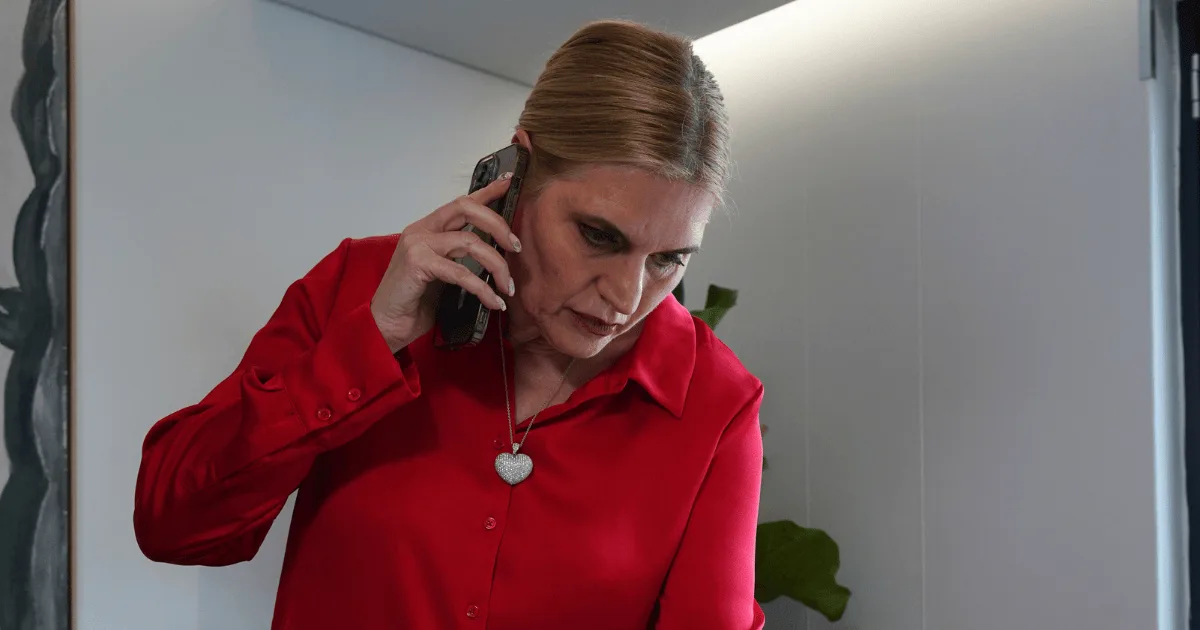A parent’s liabilities towards a child do not change when the child turns 18 years of age or if the parents are divorced. Both parents remain liable for taking care of the child for as long as the child requires maintenance. A maintenance Order does not have to make the maintenance subject to a certain period of time.
The courts acknowledge that attainment of majority does not automatically render children financially independent. Furthermore, even after reaching the age of majority, there are children who may still need financial support from their parents. They may need to study further or receive training that would enable them to find employment and subsequently be self-supporting.
Another contentious issue relates to who should claim maintenance on behalf of a dependent major child. Given the fact that dependent children have reached the age of majority, they do not need to be represented by any ‘adult’ in court proceedings. These children have standing on their own right to bring maintenance claims directly against their parents.
What is a maintenance order?
A maintenance order exists once a competent Maintenance Court has made an order in terms of the Maintenance Act 99 of 1998. This order has to reflect a court stamp, signature from the Presiding Officer of the Court as well as the date on which the order was made an Order of court. A decree of divorce also constitutes a maintenance order if the decree of divorce made provision for child maintenance to be paid.
Can a parent act on behalf of a major child in the Maintenance Court?
If a maintenance Order was already in place when the child was a minor, but now the child has attained the age of 18, the parent will be able to appear on behalf of the major child.
When must a child apply for maintenance personally?
A major child must apply for maintenance against both parents in the event where no maintenance order existed before the child reaches majority. The major child shall have to institute a claim against both his or her parents and cannot decide against whom to institute such a claim. This is usually the case where a child requests that parents should assist with his or her tertiary education or where no maintenance is evidenced by a parent.
For direct answers to your specific personal questions, please contact us directly.
Read more about our child law services.
Author – Kate Bailey-Hill





